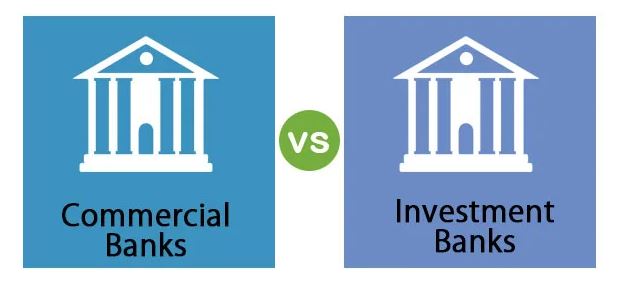Does the Merger of an Investment Bank and a Commercial Bank Create Value?
Commercial Bank Mergers Dissertation – Using the event study methodology, this study examines the stock market valuation of mergers and acquisitions involving investment banks and commercial banks in the global financial industry between 1998 and 2004. The impact of these mergers on the performance of their listed securities is investigated to ascertain whether there are any real effects following the announcement of the merger and if there are any long run wealth gains to the investors.
Based on a sample of large deals in the United States, France and Germany, the results reveal that, on, average, these deals receive a significant market reaction. At the time of the announcement, target banks shares gain positive abnormal returns (AR). This is consistent with most studies in the literature. However, acquiring bank’s shares receive negative abnormal returns following the announcement. The cumulative abnormal returns (CAR) estimates also indicate that target banks’ shareholders gain positive abnormal returns on the announcement day and the day after the announcement.
Acquirers receive negative abnormal returns on the day of the announcement and the day after the announcement. The results provide evidence that, in the long run, the newly merged entity receives no real positive returns. The post merger estimates indicate that these deals do not provide any significant wealth gains to the investor.
- 11,000 words – 51 pages in length
- Excellent use of contemporary literature
- Excellent use of statistics and economic models
- Well written throughout
- Ideal for economics and finance students
1: Introduction
The Purpose of the Study
The Organization of the Study
Justification of the Study
Trends in investment and commercial bank mergers
2: Literature Review
Trends in investment and commercial bank mergers
Why do investment and commercial banks merge?
Policy Responses
Scale, Scope and Product Mix Efficiency
Cost Efficiency
Revenue Efficiency
Economic forces driving investment and commercial bank mergers
Other reasons for investment and commercial banking consolidation
Global Economic Integration
3: Research Methodology
Introduction
Event Studies
The Econometric Methodology of an Event Study
Post merger performance
4: Data Analysis and Estimation
Sample Distribution
Financial Market Valuation at announcement time
Beta Estimation and choice of Market Index
Abnormal Returns
Aggregate Market Valuation at Announcement Time
Cumulative Average Abnormal Returns
Pre and Post Merger Performance: Evidence from the Financial Markets
5: Conclusion
References
Appendix Section
Post Merger Returns versus Market
Auto-correlation Coefficients for the Returns Distribution

